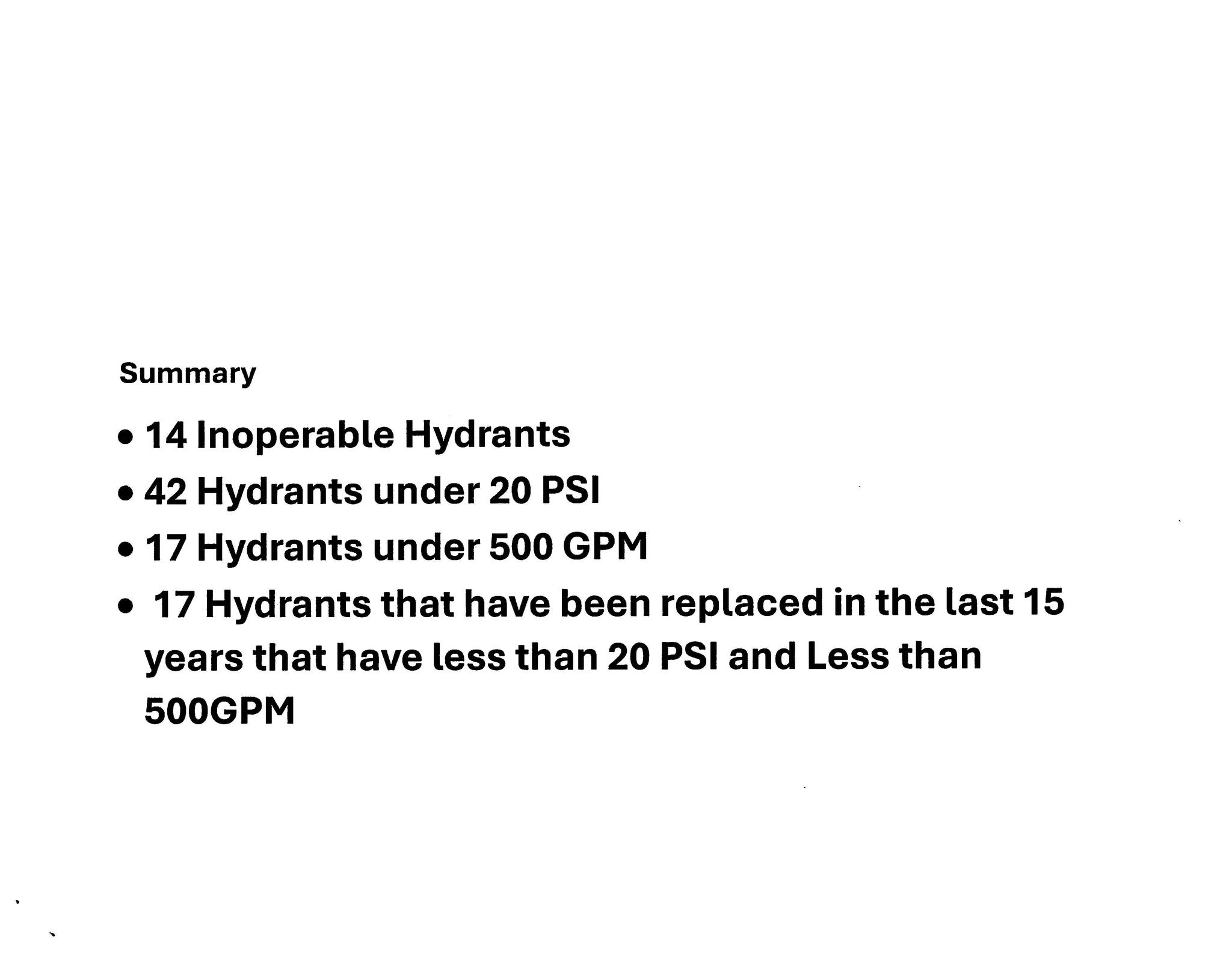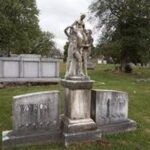George Remus: The Bootlegger King and His Falmouth Ties ?
[vc_row][vc_column][vc_column_text]
Tonight, we pull back the curtain on a man whose legend is soaked in whiskey, murder, and a whisper of redemption: George Remus.
George Remus: The Bootlegger King and His Falmouth Ties ? You may know the name from prohibition lore, a Gatsby-esque millionaire with a lawyer’s brain and a gangster’s ambition. But what you might not know, what nobody tells you loud enough, is that his final chapter landed right here. In Falmouth, Kentucky. History also doesn’t tell you that Falmouth was often a resort town for the gangster elite in the past.
Born in 1876 in Germany and raised in Chicago, Remus a pharmacist by 19, a lawyer by 24, and a bootlegger by 44. When Prohibition hit, Remus didn’t flinch, he flipped the law on its head. Using medical loopholes, he legally purchased and “redistributed” whiskey. And by redistributed, we mean moved it by the barrel through an underground empire so vast, so efficient, that by 1922, George Remus controlled nearly 35% of all bootleg liquor in America.
George and his first wife Lillian Klauff Remus separated in 1918. They had one daughter, Romola Remus . In later life Romola became Romala Remus Dunlap and was an actress in silent films and Vaudville. Remus threw parties with diamond-studded favors. He bribed officials. He owned distilleries, trucks, pharmacies even judges. But power like that doesn’t come without enemies.
Makes you wonder about the whispers of tunnels running beneath Cynthiana and Falmouth. It’s no big surprise that moonshine and bootleg whiskey once flowed through this area, like nearly every corner of Kentucky.
Can anyone shed light on these whispers? Does anyone remember where the speakeasies were?
***Love and Betrayal***
He married his second wife, Imogene Holmes in Newport, KY in 1920. She was sharp. Beautiful. And as it turned out lethal to trust. Remus was caught violating the Volstead Act, an act that said anything over 0.5% alcohol violated prohibition laws. While Remus was imprisoned on Volstead charges, Imogene sold off his assets and fell in love and conspiracy with Franklin Dodge. Dodge was a Prohibition agent turned lover, turned partner in crime. He resigned from being an agent and helped Imogene steal all of Remus’s money.. When Remus was released, she tried to have him deported. When that didn’t work, they tried to have him killed in a car accident.
So he took matters into his own hands. On October 6, 1927, in Eden Park, in front of witnesses, Remus shot her dead. Franklin Dodge fled and went into hiding. A trial followed. He defended himself. Pleading temporary insanity. Remus was successful in his defense and he won. He even had to spend sometime in Lima State Hospital for the Criminally Insane in Lima, Ohio. When he was released Romola was quoted as being the happiest girl in the world.
*** Third Marriage***
Enter: Blanche Watson. His longtime secretary. Silent partner. Quiet constant. Born and raised in Pendleton County, Blanche had known Remus for years. She’d typed the letters. Watched the chaos. Never blinked. After the trial, after the empire had crumbled, it was Blanche who remained. She married Remus and brought him home, back to Kentucky, back to stillness. They moved to Covington. George opened Washington Contracting, a modest construction outfit handling local building and repair jobs. No more headlines. Just work. Wood. Brick. Quiet.
It wasn’t glamorous, but maybe that was the point.
***The Cemetery and the Missing Wings***
When George Remus died in 1952, Blanche buried him in Riverside Cemetery, right here in Falmouth, alongside her family. She would later join him in 1974. Their grave once bore a striking headstone, a pair of angel wings rising up beside their names. Graceful. Symbolic. A rare marker for a man known more for lawbreaking than holiness. But those wings?
Gone.
Some say vandals chipped them off, joyriding through the graveyard one night. Others say it was time and the elements, erosion doing what bullets couldn’t. And then there are whispers. Local. Quiet. Chilling. That Blanche ordered them removed.
Was it shame? A statement? A message left only for the dead? No official explanation was ever given. If she did it, she never told a soul. And the record is silent. Now all that remains is a strange, empty space where the wings once were, stone stumps, as if history itself refused to let him rise too far. Was it love? Revenge? A final act of control?
We don’t claim to know. But in Falmouth, our past doesn’t rest easy. And sometimes, the grave tells a louder story than the man ever did. Want to see it for yourself? The Remus headstone is there at Riverside Cemetery, off Hwy 27, quiet and stoic under Kentucky sky. Ask around. Listen closely. Falmouth remembers, even when history forgets.
[/vc_column_text][/vc_column][/vc_row][vc_row][vc_column][vc_gallery interval=”3″ images=”294,293,292,291″ img_size=”400×400″ css=””][/vc_column][/vc_row]








